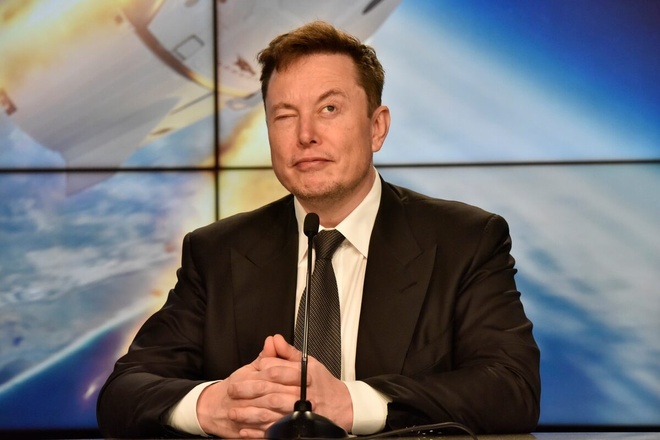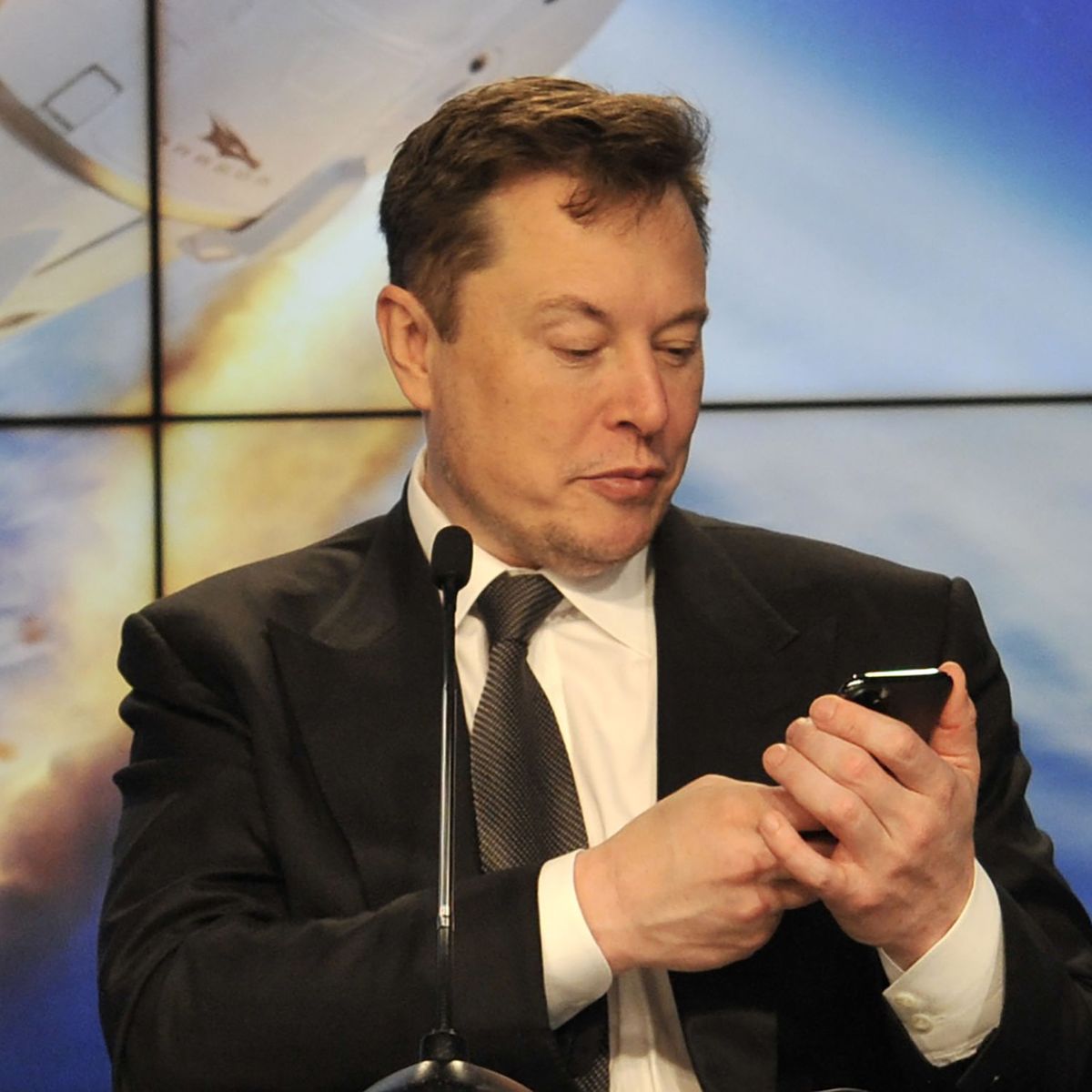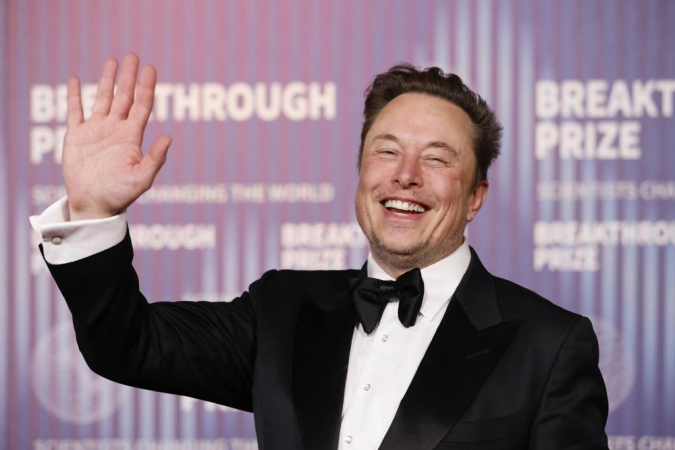Elon Musk’s Wealth Surges to $500 Billion, Sparking Predictions of Humanity’s First Trillionaire
Elon Musk, the high-profile entrepreneur behind Tesla, SpaceX, and multiple other ventures, has reached a new financial milestone that has captured global attention. As of this week, Musk’s net worth has skyrocketed to $500 billion, marking a dramatic increase from the $24.6 billion he held just four years ago. This remarkable ascent not only cements his position as one of the wealthiest individuals in modern history but also widens the gap between him and other notable billionaires, including Oracle co-founder Larry Ellison, whom Musk now surpasses by approximately $150 billion.
The growth of Musk’s fortune is a testament to the extraordinary performance of his companies over recent years. Tesla, the electric vehicle pioneer, has continued to dominate the EV market, expanding production, entering new international markets, and consistently exceeding sales expectations. Meanwhile, SpaceX has advanced commercial space travel and launched a series of ambitious projects, from satellite internet through Starlink to the company’s long-term vision of colonizing Mars. These business ventures, coupled with Musk’s high-profile presence on social media and a reputation for bold, sometimes unconventional decision-making, have contributed significantly to his financial rise.
Analysts are taking note of the trajectory Musk has followed, pointing out that if current trends continue, he could become the first human in history to achieve a net worth of $1 trillion by 2033. This projection is fueled not only by the continued growth of Tesla and SpaceX but also by Musk’s involvement in other sectors, including renewable energy, artificial intelligence, and infrastructure projects like The Boring Company. While predictions of such astronomical wealth are inherently speculative, the pace at which Musk has accumulated his fortune over the past few years suggests that even conservative estimates will position him as an unprecedented figure in the world of high finance.

The scale of Musk’s wealth also highlights broader discussions around wealth concentration and its implications for the global economy. With half a trillion dollars in personal assets, Musk wields resources comparable to the GDP of entire nations. Critics argue that such concentrated wealth underscores growing economic inequality, while supporters suggest that billionaires like Musk drive innovation and create opportunities that benefit society at large. Regardless of perspective, the conversation surrounding his fortune is emblematic of larger societal debates about money, influence, and the role of visionary entrepreneurs in shaping the future.
Musk’s rise has also had a notable impact on public perception and investor behavior. Social media platforms, particularly Twitter, have been flooded with commentary ranging from awe to scrutiny over the sudden acceleration of his wealth. Investors often cite Musk’s ventures as benchmarks for market innovation, while mainstream media coverage emphasizes both the astonishing financial milestones and the transformative potential of his technologies. The narrative of Musk as a figure who constantly pushes boundaries—whether through commercial space exploration, the widespread adoption of electric vehicles, or even ventures into AI—reinforces public fascination and helps explain why his financial milestones receive such widespread attention.

Larry Ellison, a longtime titan of the technology sector, now ranks considerably lower in comparison to Musk, highlighting the shifting dynamics among the world’s wealthiest individuals. Ellison, who co-founded Oracle and has maintained a diversified portfolio in technology and real estate, still ranks among the top echelons of global wealth but has not seen growth at the same meteoric pace. The gap between Musk and Ellison exemplifies how new technology-driven industries can rapidly redefine wealth rankings, emphasizing the impact of innovation, strategic risk-taking, and market timing.
Despite the financial headlines, Musk’s wealth is not without its practical limitations. Much of it is tied up in company stock, making it less liquid than cash assets. Market fluctuations, regulatory changes, and company performance can all influence the actual value of his net worth, meaning the $500 billion figure, while impressive, remains subject to change. Nevertheless, Musk’s fortune represents more than just numerical wealth; it reflects the global influence of his ventures and the transformative effect of his work across multiple industries.
In conclusion, Elon Musk’s journey from $24.6 billion to $500 billion in just four years underscores both the extraordinary growth potential of modern technological entrepreneurship and the unprecedented scale of individual wealth accumulation. As predictions suggest the possibility of a trillion-dollar net worth within the next decade, Musk’s financial trajectory continues to generate fascination, debate, and inspiration. Whether seen as a symbol of innovation or a case study in wealth concentration, his story remains a defining chapter in the narrative of 21st-century business and global economics.
